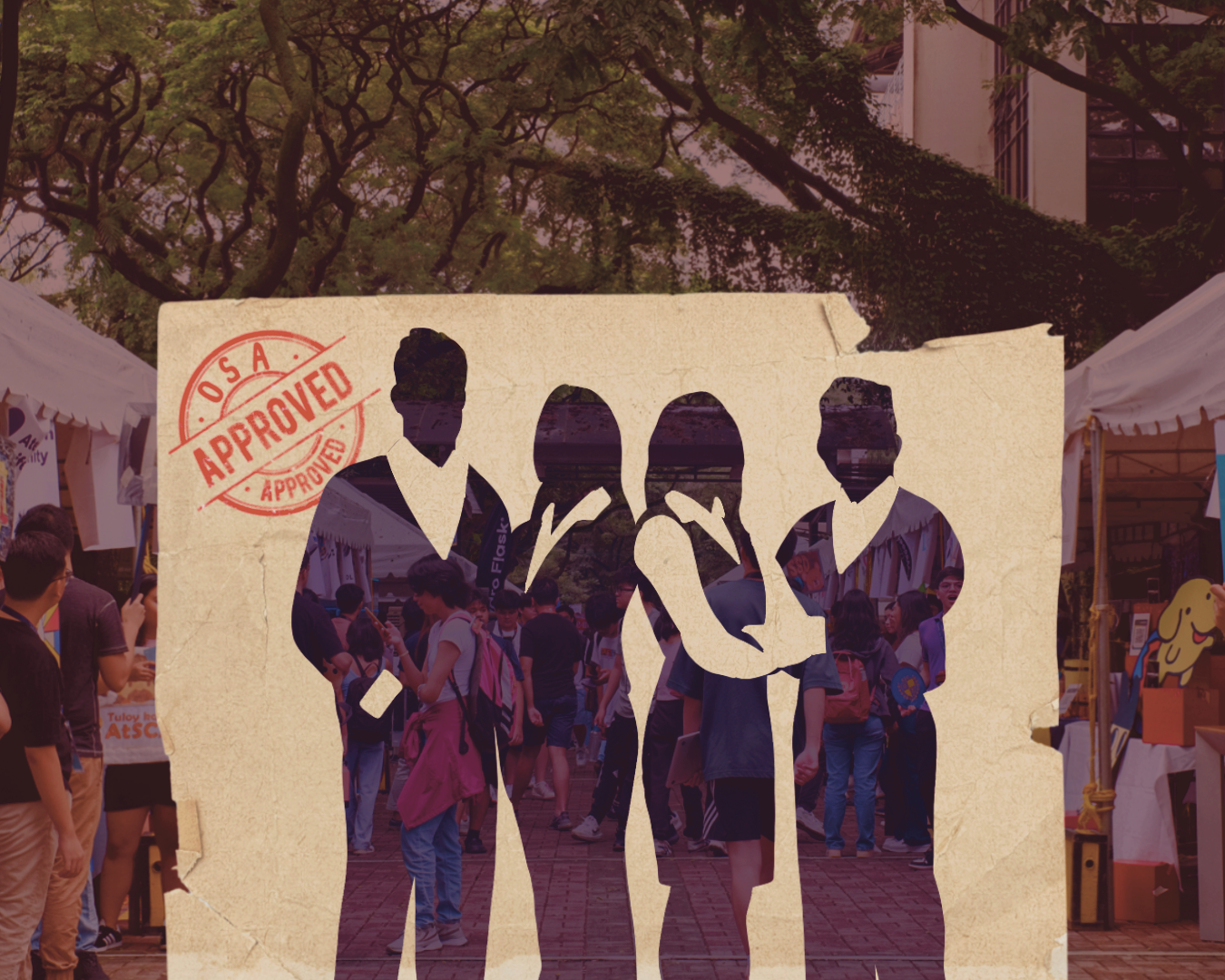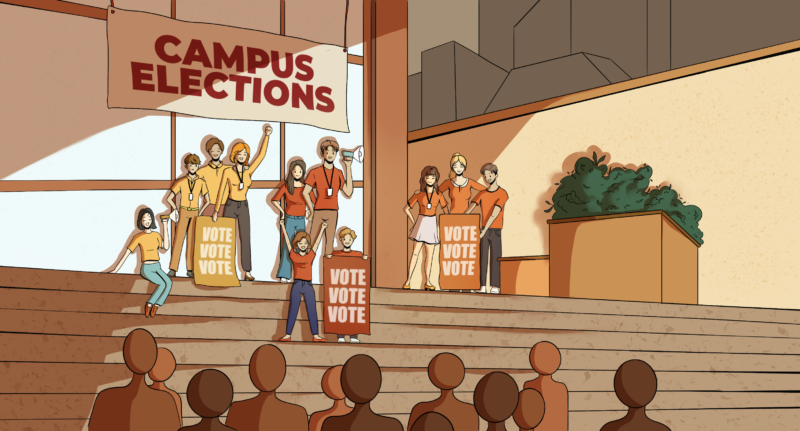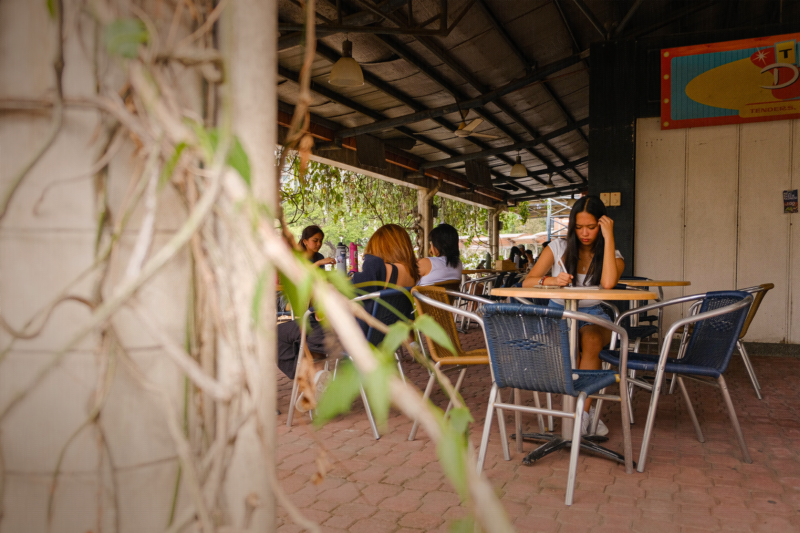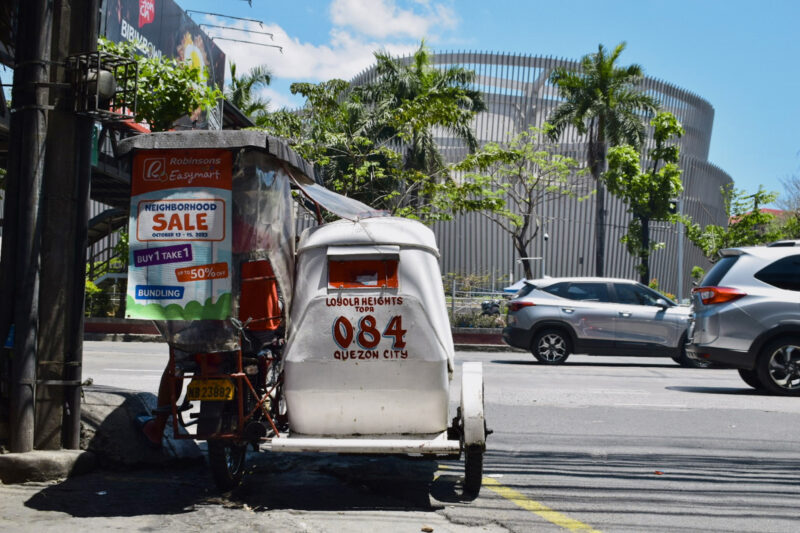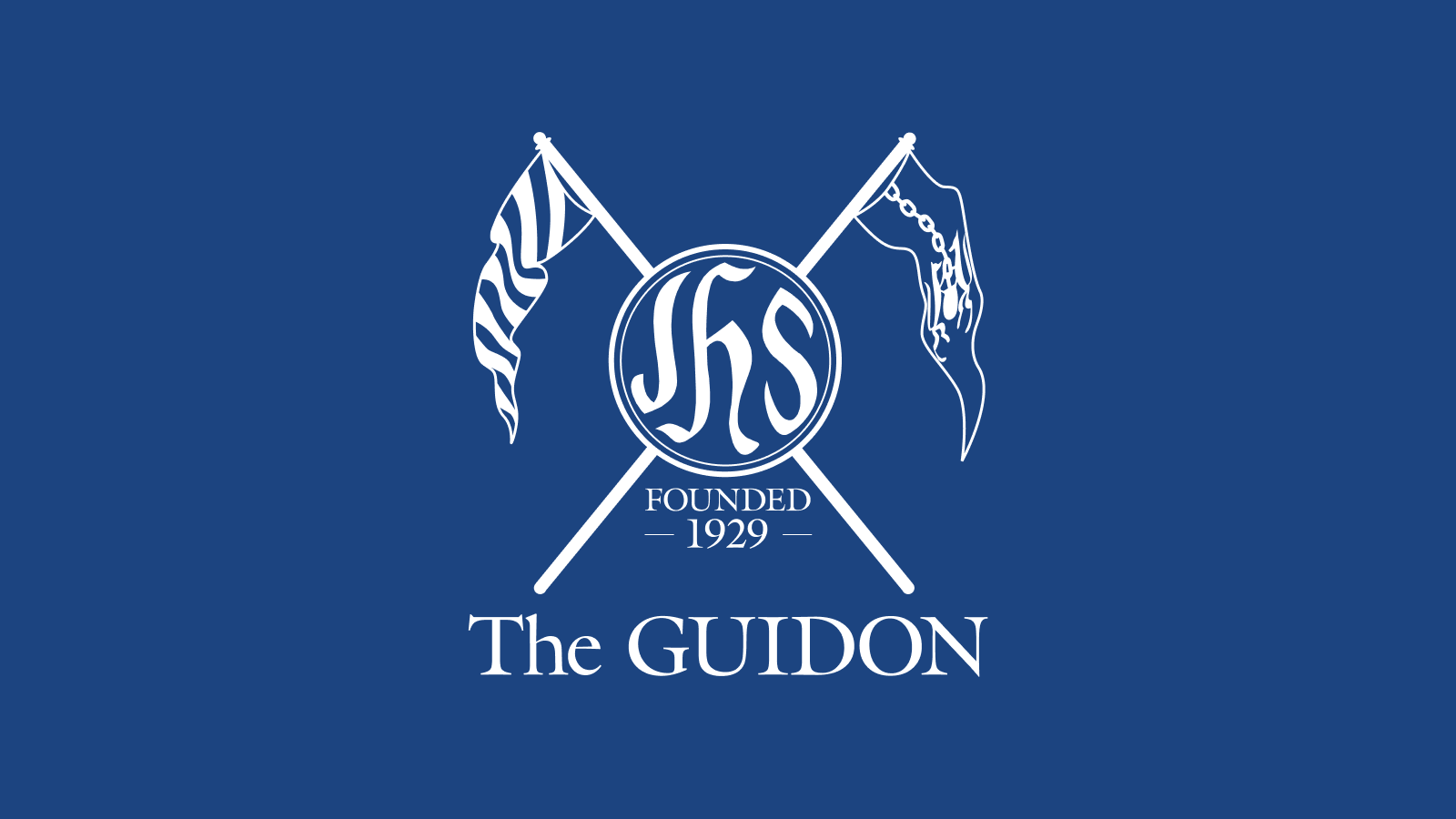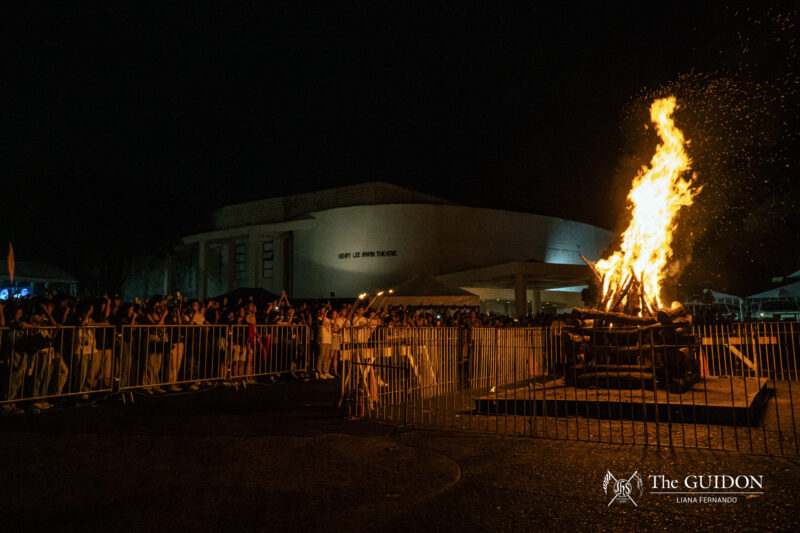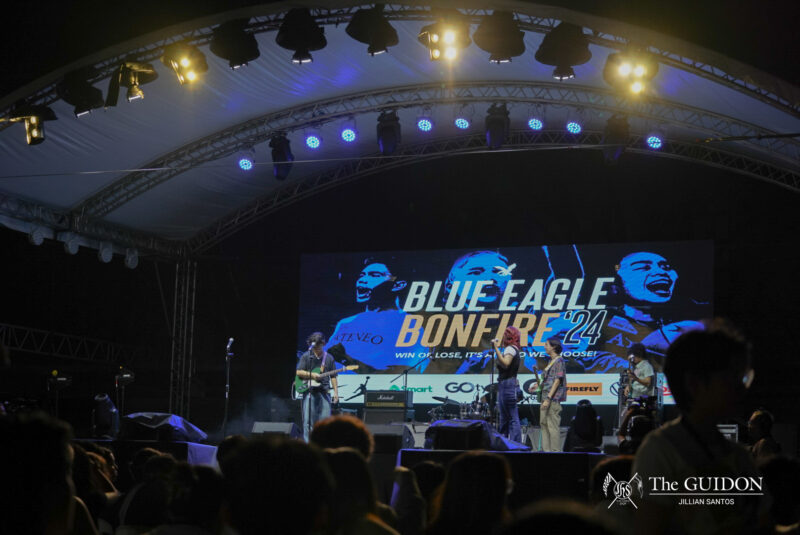BEYOND BEING a University of quality education, the Ateneo is home to numerous student organizations crucial to the pursuit of holistic growth.
Each student organization in the Ateneo’s Higher Education Cluster (HEC) is founded on the institution’s united values and principles, along with its students’ unique advocacies. Under the Office of Student Activities (OSA)’s tutelage, these organizations continuously uphold standards of excellence through the Student Organizations Assessment and Review (SOAR) process.
As the school year comes to a close, numerous organizations will have to undergo the SOAR process hoping to receive full accreditation. With some still facing conditional and denied accreditation, struggles arise in meeting the University’s set standards.
History of SOAR
In 2018, OSA formally launched the SOAR process to comply with the Anti-Hazing Act enacted in the same year. All the HEC student organizations then were strictly required to follow the nine-month-long procedure.
Under the said law, all organizations are required to register every year. However, OSA Coordinator for Student Organizations Assessment Aeron Syliongtay differentiates registered organizations from accredited ones.
“All accredited organizations are registered, but they are not the same vice-versa. Let’s say they’re unaccredited now, then they can stay unaccredited [if they wish to],” Syliongtay explains.
During the pandemic, OSA had to suspend the SOAR process due to the University’s sudden migration to online learning. It was only relaunched in the AY 2022–2023 when operations had returned onsite.
Syliongtay explains that last year’s case was unique as SOAR was only meant to happen every three years instead of every year. The disruption of the original timeline led to SOAR returning as a baseline in 2022, similar to its 2018 launch.
Some revisions were made to the relaunched SOAR process, but the details and criteria mostly remained the same. The same accreditation categories that organizations may fall under also still apply.
For previously accredited organizations, they may either receive full accreditation valid for three school years, or conditional accreditation valid for only one school year to fulfill OSA’s recommendations. Should an organization be rejected, they may still express their intent to be accredited under the OSA Coordinator for Emerging and Independent Organizations.
Moreover, Syliongtay shares that some core determinants were added upon consultation with student organizations, such as “Environmental Sustainability.” He highlights this as the element that most organizations had difficulty meeting, similar to the core determinant of Ignacianidad in “Leadership and Member Foundation.”
Challenges and changes
While measures like SOAR are in place to maintain a certain level of standards for student organizations, some student groups struggle to uphold them due to various contexts affecting organizational activity. This difficulty in adhering to organizational standards results in varying accreditation statuses granted per organization which could be full, conditional, or denied.
As student organizations operate within their own contexts, they face challenges that may be unique to them. For the Association of Communication Majors (ACOMM), Secretary-General Jillian Quizon shares that the organization struggled with “making an impact” last year. This challenge was due to having seemingly repetitive projects every year and difficulties in maintaining relationships with their members.
Quizon adds that having to sacrifice some of their projects, like their advocacy-driven ComYOUTHnicate, caused ACOMM to struggle in incorporating Ateneo values and external environment aspects, which are fundamental in the SOAR process.
Furthermore, Quizon states that the pandemic underscored ACOMM’s internal problems with their processes and member relations. Without their senior officers who experienced onsite operations, the organization faced the difficulty of having to start from scratch.
Another organization that faced challenges with the SOAR process was the Ateneo Blue Repertory (blueREP). 31st Season Company Manager Frankie Ramos shares that blueREP often struggled with financial management given the large amount of money involved in productions. She estimates that it often takes Php 1 million for blueREP to run musicals, yet profit only comes once the curtains close.
These challenges were further highlighted by the shift to online operations. According to Ramos, blueREP “did not profit at all” during the pandemic, making it more difficult for the organization to pay its debt to OSA for a production hindered by the health crisis.
Notably, financial and resource management are both core determinants under the organizational capacity of the SOAR process criteria.
When all HEC organizations were required to reapply for accreditation last year, blueREP was put under conditional accreditation, while ACOMM lost theirs.
According to Quizon, being unaccredited poses some limitations, such as not having organization funds and an OSA moderator, among others. However, she emphasizes that ACOMM’s partnership with the Communication Department has greatly helped them maintain their operations. The Department helps them with getting tokens for event speakers, calling for member recruitments, and having their own organization room.
Subsequently, Quizon believes that unaccredited organizations face discrimination in various ways. “There’s a lot of discrimination when you’re unaccredited. When [we] reserve venues, we’re not a priority. […] There are other times din na when we want to borrow things, people always mention to us that we’re unaccredited,” she laments.
These experiences further motivate Quizon to aim for the organization’s full accreditation for the succeeding years.
Empowering student organizations
In hopes of regaining full accreditation, Quizon details the changes that ACOMM is implementing for this year. Part of this is ensuring that they follow OSA’s recommendations in improving their internal processes and member relations.
Another body that plays a significant role in helping organizations with SOAR is the Council of Organizations of the Ateneo-Manila (COA-M), which serves as the bridge between OSA and student groups. Quizon affirms this, stating that COA-M also offered ACOMM assistance in applying for a subsidy from the School of Social Sciences Sanggunian.
COA-M Chief-of-Staff Lei Pacalda shares that COA-M currently offers SOAR assistance, through which organizations can answer a Google Form for concerns and questions. They also directly coordinate with other organization leaders to know what kind of assistance they can provide.
Still, student leaders like Ramos believe that the presence of OSA during the SOAR process could be more apparent to student leaders. For organization-wide guidance, she feels on their end that OSA moderators could be more involved—though this could vary on a case-to-case basis.
Overall, both Ramos and Quizon agree that OSA’s SOAR process is effective in evaluating the performance of organizations.
“You understand how you can make your organization grow, accredited or not. […] Even if it’s a lengthy process, in the end, [it’s] worth it [because] you’ll understand na this is what was best for your organization,” Quizon says.
Organizational standards might be challenging to meet for some, given the constant adjustments coming from pandemic operations. However, these same standards ultimately lead to a vibrant organizational culture in the Ateneo and an empowered group of student organizations.

